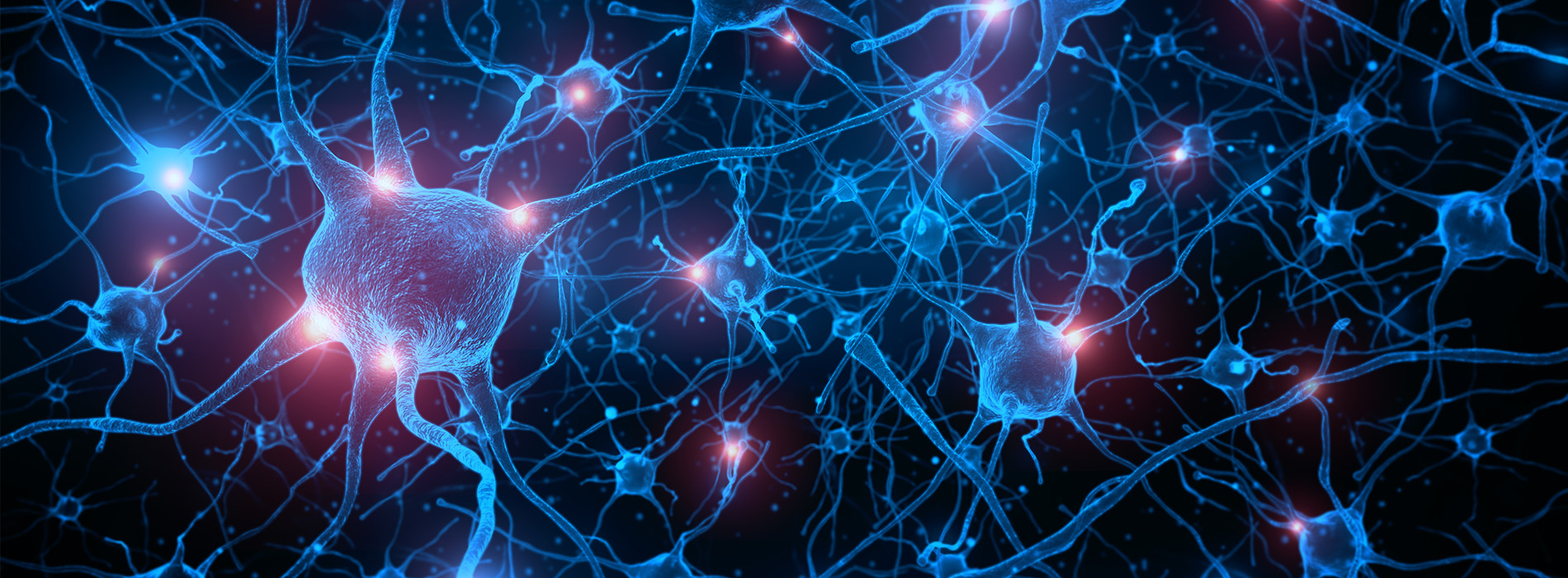The first appointment is 30-45 minutes. It’s comprised of explaining the process, verifying all paperwork is complete, mapping, and treatment.

Transcranial Magnetic Stimulation (TMS) is a non-invasive treatment to battle mental health disorders. It involves repetitive, short magnetic pulses that are delivered to stimulate nerve cells in areas of the brain. This influences electrical activity, which is important because your brain and body use tiny amounts of electricity to send and relay information. If you’re suffering from depression, OCD, migraines, or addiction, those connections are limited. TMS stimulates these connections, thus increasing neuroplasticity, or the ability to form new pathways in the brain. This allows patients to get out of their rut with shockingly high results at the completion of treatment.
It is not painful and it’s NOTHING like ECT. The easiest way of describing the feeling is by tapping on the side of your head. Try that on yourself now and you’ll get the sensation of TMS. It’s safe, well-tolerated, and easy to fit into your schedule because no downtime is required.
Below you’ll find a chart that breaks down diagnoses, insurance coverage, and contraindications.
Diagnosis of Depression
Insurance most commonly accepts depression candidates for TMS, given there are no contraindications.
Diagnosis other than depression
The FDA has approved treatment for MDD, OCD, migraines, and smoking cessation. Insurance coverage is limited, though, for diagnoses other than depression. If you have underlying depression, we can get that approved and treat as needed.
Approved Conditions – no insurance coverage
There are treatment protocols for the conditions below, but insurance will not cover TMS for them yet. Addiction, Alzheimer’s, Autism, BPD, chronic pain, eating disorders, Parkinson’s, PTSD, stroke, TBI, and Tinnitus.
Medication Trials
Most insurances require that you’ve tried depression medication to get the PA approved. If you’ve tried and didn’t like results from 2-4 in your life, you’re good to go!
Talk Therapy
Some insurances require that you’ve tried therapy at some point to help battle your symptoms. There are a ton of free resources that we can point you to, and some providers have therapy within their medication appointments, so if you’ve given it a go, or will try a free option, we shouldn’t have a problem meeting this criterion.
History of Seizures
TMS stimulates the brain, so if you are diagnosed with Epilepsy or commonly have seizures, it’s not possible for you to get this treatment. If you haven’t had seizures for years, or are on medication that controls your seizures, we may be able to get the treatment covered.
History of Mania
Bipolar One and Schizophrenia are automatic denials for TMS treatment. TMS can create manic episodes for people with these diagnoses.
Metal in Head
If you’ve had surgery and have metal in your head, TMS is not a good option. The magnetic pulses aren’t strong, but we don’t want to complicate your medical history. Piercings, tattoos, glasses, contacts, and makeup are all fine.
The first appointment is 30-45 minutes. It’s comprised of explaining the process, verifying all paperwork is complete, mapping, and treatment.
The TMS tech will ensure that you're seated comfortably and upright; and then places a cap on your head. Mapping process will begin. It consists of locating your motor threshold and location to get the best results. Patients feel the sensation in their hand, their face, or their jaw.
Once it’s found, treatment begins. The treatment is 3.5 minutes in most cases. Specific treatments not pertaining to depression are 18 minutes.
Jaw discomfort is combated with a mouth guard, which helps a lot. Some people have pain in the occipital nerve, which is combated with a spacer. This does not affect the treatment efficacy.
At this time, subsequent appointments are scheduled, and you can put them in your calendar to remind you to come daily. We can adjust your schedule as needed, but it’s recommended to come at the same time daily to establish a routine.
The million-dollar question: Will it work and is it worth it. Depression medication works in about 30-50% of patients as a stand-alone treatment. The more meds you try, the less likely it is that they will work. In the latest STAR*D study, by the 4th medication trial, only 6.9% of patients found remission from meds alone. This is why people give up and think that depression isn’t treatable.
But it is.
Depression scores after completing TMS typically plummet. Before beginning treatment, patients reported scores of moderate to severe depression and anxiety. By the end of treatment, both were in normal range. This therapy in combination with medication has these results in up to 80% of patients, with 10% reporting TMS remission. Results are life changing, and possibly lifesaving.
See the chart below that highlights a quick comparison of TMS verses Medication alone.
Treatment
Medications
TMS
Effectiveness
49% Response*
28% Remission
83% Response*
62% Remission
Mechanism
Oral Medication
Magnetic Stimulation
Covered by Insurance
FDA Approval/Clearance
No Hospitalization / Anesthesia
Non-Invasive
No Major Side Effects
Recovery Time After Each Treatment
None
None

Refer a patient, friend, or make the decision for yourself to feel better. Contact us today to set up an initial free consultation with an Intake Coordinator.
Duluth
St. Cloud